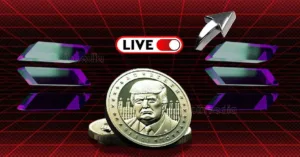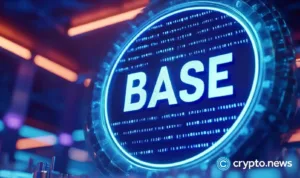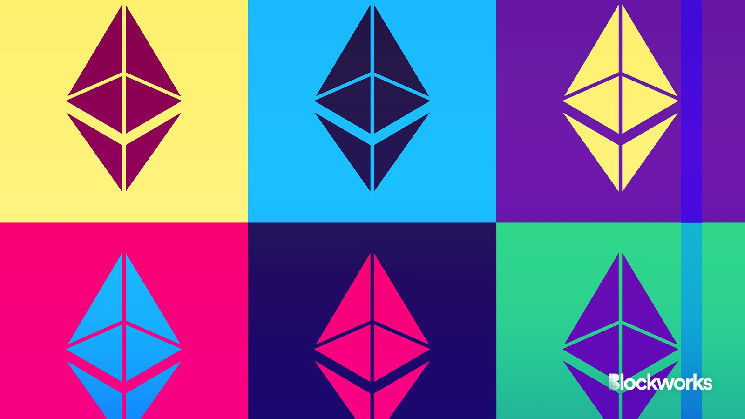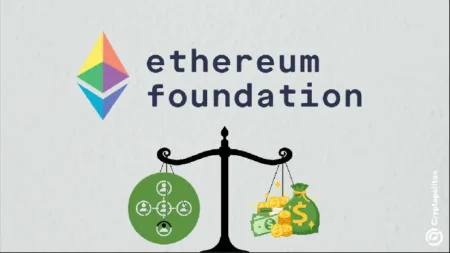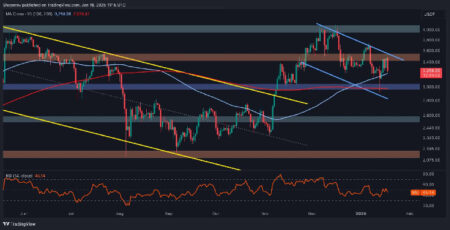On Wednesday morning, the website Ethscriptions created a way to mint inscriptions on EIP-4844 blobs, which are cost-saving packets of data introduced in Ethereum’s recent Dencun upgrade.
As with other blockchains that have received the inscription treatment, so-called BlobScriptions have heavily driven up the price of blockspace — or in this case, blobspace.
Since Dencun, the base fee for a blob, or the minimum gas price needed for a blob to be included in the next Ethereum block, has been one wei, an Ethereum-denominated price that is equivalent to a fraction of $0.01.
Today, the blob base fee climbed above 500 gwei, according to ultrasound.money. One gwei is worth a billion wei.
At the time of writing, the blob fee was roughly 6 gwei, marking a 60 trillion percent increase over the one wei blobs cost in the two weeks since Dencun. Six gwei is equal to around $0.20, according to CoinBrain.
Notably, the much-increased blob fee is still lower than the price of gas on Ethereum’s layer-1, which stands at around 37 gwei, per Etherscan.
Nevertheless, at a price of one wei, blob space was effectively “free,” Blocknative CEO Matt Cutler told Blockworks in a text. “But the current Blob Base Fee is measured in Gwei and that’s far from free.”
Inscriptions — which have seen a resurgence in popularity on Bitcoin in recent months — create an inexpensive means of embedding art or would-be tokens onto a blockchain. In the case of BlobScriptions, a host of pictures and tokens are now being inscribed on blobs.
What’s important to note, however, is that blob data is only kept by Ethereum nodes for roughly 18 days to let layer-2s verify transactions. So after 18 days, BlobScriptions will disappear from Ethereum. But BlobScriptions will still be stored in the indexer for creator protocol Ethscriptions, co-founder Tom Lehman said on X.
In the four hours before press time, 41% of created blobs were inscription mints, according to a Dune dashboard. By way of comparison, popular layer-2s Arbitrum, Base, and Optimism each accounted for roughly 9% of blobs in the same time span.
Lehman told Blockworks his goal in using blobs for inscriptions was to let people get around using expensive smart contracts for data storage.
“We created Blobscriptions to enable ordinary people — not just giant layer-2s — to benefit from EIP-4844 blobs,” Lehman said in a direct message.
Ethereum also saw an increase in missed slots Wednesday afternoon, though there was disagreement among researchers as to whether the slots were being missed due to blob inscriptions or something else.
Either way, blob inscriptions could impede the low-fee promised land layer-2s have lived in for the past two weeks.
“[Is] this an ephemeral fad or a behavior that is here to stay? Time will tell,” Cutler wrote.
Read the full article here

